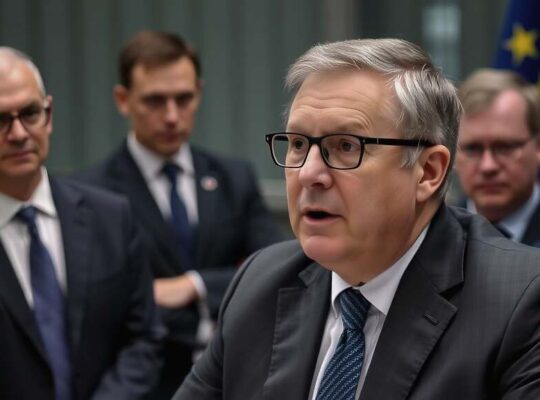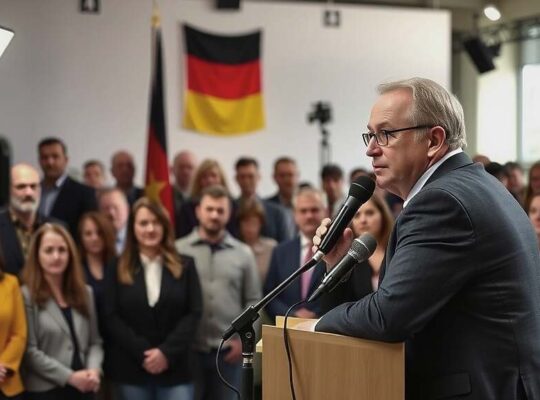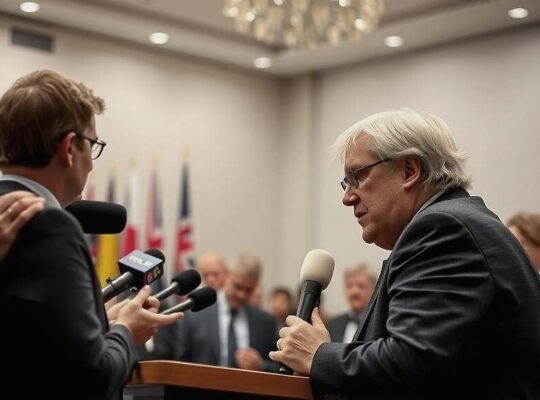increased financial burdens for regional and local authorities.. Approved by the Federal Cabinet on Wednesday, the “legal circle change” as it’s termed, aims to transition Ukrainian refugees arriving after April 1, 2025, from receiving citizen’s allowance (Bürgergeld) to being treated under the Asylum Seeker Benefits Act (Asylbewerberleistungsgesetz).
While the move is being presented as a fulfillment of a coalition agreement pledge, a spokesperson for the Federal Ministry of Labour has disclosed that this restructuring will generate net additional costs. Projections estimate that while the shift promises savings of €831 million across citizen’s allowance and social assistance in 2026, the corresponding Asylum Seeker Benefits Act will incur €862 million in additional expenditures. This discrepancy, according to the ministry, stems from elevated administrative overhead associated with the asylum benefits system.
The financial implications are particularly concerning for the Länder (states) and municipalities, who will likely bear the brunt of these escalating costs. Critics argue that this reallocation of responsibility highlights a broader issue of shifting financial burdens onto lower government levels without adequate compensation. The decision appears to circumvent the complexities of genuinely integrating Ukrainian refugees, instead opting for a system perceived by some as a cost-saving maneuver disguised as policy reform.
Regarding the crucial Bundesrat (Federal Council) approval, essential for the law’s implementation, the ministry expressed satisfaction with having streamlined the process to minimize bureaucracy, suggesting a hope for swift passage. However, the underlying financial realities and the potential for substantial regional strain raise questions about the long-term feasibility and political acceptability of this legislative shift. The decision reflects a complex and arguably politically expedient approach to managing the ongoing humanitarian situation, but one that may ultimately generate more problems than it solves, particularly for the local communities tasked with supporting a growing population of refugees.












